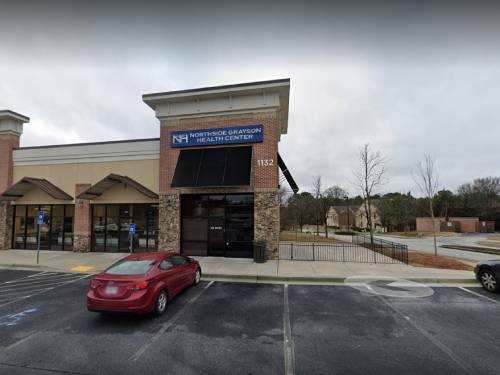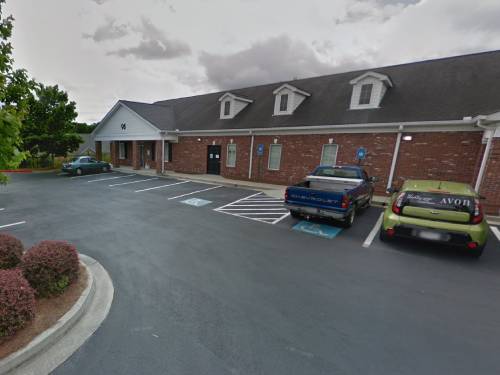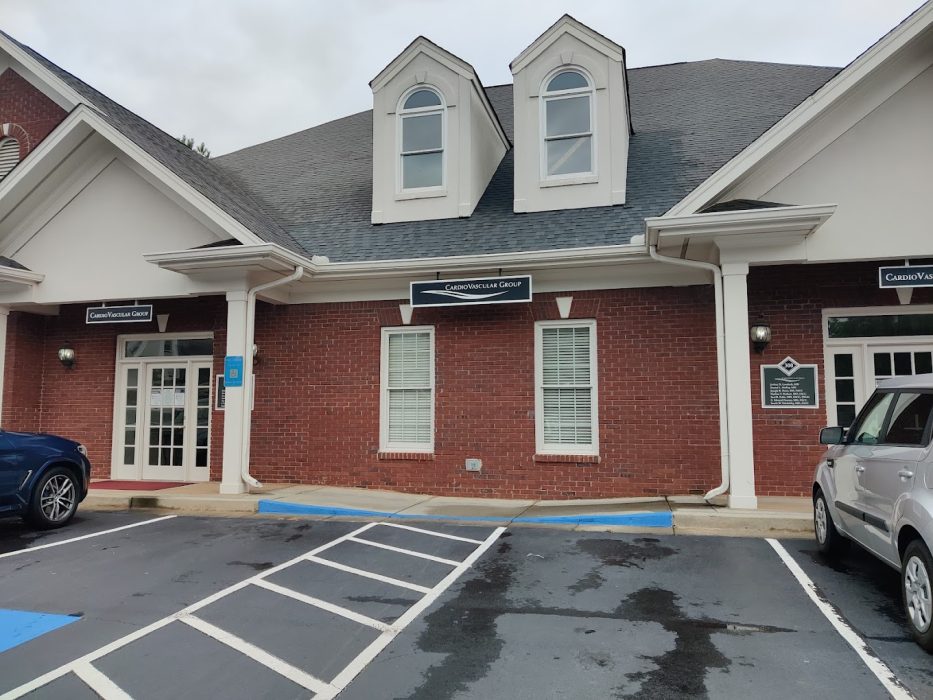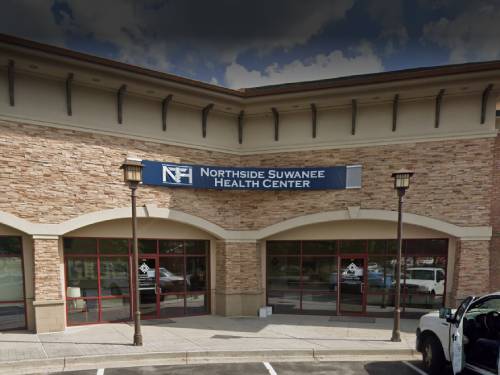Heart Valve Disease
Lorem ipsum dolor sit amet, consectetur adipiscing elit.

Heart Valve Disease Can Lead To Heart Failure
Heart valve disease occurs when one or more of the valves in your heart is unable to work properly, resulting in an inability for your heart to pump enough blood.
The most common symptom of angina is chest pain and discomfort that
You may have experienced symptoms that cause you to wonder about heart valve disease. Here at CVG, we have the advanced testing and expertise to make a proper diagnosis and help you get the treatment you need, if necessary.
Our board-certified heart specialists and our heart care team members will teach you about the types of heart valve disease, including those caused by congenital issues or other problems. We know how to find the underlying issues causing your symptoms and offer experience caring for thousands of heart patients. Our cardiologists will prescribe an effective treatment program and monitor your progress.
As a patient at CVG, you’ll have access to all of the tests, treatments, medications, and surgical procedures that can prevent further damage, lessen symptoms, and repair or replace valves. Please continue reading the additional details on this page. For further information, we encourage you to view our page on heart structure tests, which help us diagnose heart valve disease.
can be described with sensations such as burning, fullness or heaviness, pressure, and squeezing. This pain is not limited to the chest, and may also occur in the arms, neck, shoulders, or back. Other symptoms of angina include dizziness, fatigue, nausea, shortness of breath, and sweating.
Women can experience angina differently than men, which may result in symptoms such as teeth discomfort, abdominal pain, and a stabbing pain instead of dull pressure. Although the severity, duration, and type of angina can vary, new or worsening symptoms may be a sign of unstable angina or a heart attack, so contact your doctor immediately.
Types Of Heart Valve Disease
Valvular Stenosis
Valvular Insufficiency
Risk Factors For Heart Valve Disease
There are several factors which can lead to increased risk of heart valve disease, such as old age, a history of infections or heart disease, family history, high blood pressure, diabetes, and high cholesterol. Congenital heart defects are also a risk factor for developing heart valve disease.
Heart valve disease can lead to blood clots, arrhythmias, stroke, heart failure, and even death.
Causes Of Heart Valve Disease
Congenital Valve Disease
Bicuspid Aortic Valve Disease
Rheumatic Fever
Endocarditis
Mitral Valve Prolapse
Other Conditions
Diagnosing Heart Valve Disease
Your doctor can diagnose heart valve disease by conducting a physical exam, where they start by listening to your heart to determine if you are experiencing an enlarged heart, heart murmurs, or arrhythmias. Your doctor will also listen to your lungs to discover if you are retaining any fluid, which is a sign that the heart is not pumping efficiently.
After the physical exam, your doctor may conduct other tests as well, such as an echocardiogram or cardiac catheterization.
Treatment For Heart Valve Disease
Treatment for heart valve disease depends on the type and severity of heart valve disease. The three goals of treatment are to prevent further damage, lessen symptoms, and repair or replace valves. This can be done with medications and surgeries that treat symptoms and decrease the chances of further damage.
Surgeries can be performed to cut away scar tissue and calcium deposits that disrupt the heart’s ability to pump blood, or leaflets may be reshaped. Your heart valves may also be replaced with mechanical valves, or an artificial body part that works the way the original valve was supposed to.
Symptoms Of Heart Valve Disease
Heart valve disease can be present without showing symptoms for many years. When symptoms do occur, they include heart murmurs, chest pain, abdominal swelling, heart palpitations, fatigue, and feeling short of breath. Other symptoms can include swelling in your ankles and feet and rapid weight gain.
As heart valve disease can often lead to heart failure, you may experience symptoms of heart failure as well.
Why Choose CVG?
Related Conditions:
- Causes And Treatment For Heart Arrhythmia
- Causes And Treatment Of Pulmonary Stenosis
- Expert Insights on Cardiac Catheterization
- Expert Insights on Low Blood Pressure
- Exploring the Latest Advances in Atrial Fibrillation Treatment
- Dangerously high cholesterol?
- Get Your Blood Pressure Test Today!
- Understanding Electrical Cardioversion
- What Are ACE Inhibitors Used For?
- What foods are high in cholesterol?
- What Heart Flutters Can Mean
- What is Heart Failure & How to Treat it?
- What Is The Success Rate Of The Watchman Procedure?
Top Conditions:
- How long can someone live with an enlarged heart?
- Pros and Cons of the Watchman Device
- Risks and Complications of Cardiac Catheterization
- Side Effects Of The Watchman Device
- The Benefits of Cardiac Catheterization
- The Dangers Of High Blood Pressure
- The Dangers Of High Cholesterol
- The Watchman Implant Procedure
- Tips To Lower High Cholesterol
- Understanding Cardiac Catheterization
Call to Schedule an Appointment
Board-certified Doctors
CVG’s twenty board-certified heart doctors will guide you through your healthcare journey with the utmost compassion and individual attention. We aim to provide you with state-of-the-art cardiac care that includes the full spectrum of services, from testing to diagnosis and treatment. The doctor/patient relationship is built on trust. Through our combined efforts, we can conquer any challenge that comes our way.
Invasive therapies may also treat an abnormal heart rhythm, such as electrical cardioversion, which sends electrical impulses through your chest wall and allows normal heart rhythm to restart, or catheter ablation that disconnects the abnormal rhythm’s pathway. Suppose your doctor determines that electrical devices are the best course of action. In that case, you may be given a permanent pacemaker, an implantable cardioverter-defibrillator (ICD), or biventricular (B-V) pacemakers and defibrillators.
How CVG Can Help
CVG offers multiple services that can discover an enlarged heart or conditions that will lead to it. At CVG, we perform stress tests that will observe blood flow and test for various forms of heart disease. There are three types of stress tests that we perform:
- A treadmill test is a test in which you will walk on a treadmill that gets faster and steeper every 3 minutes. This will stress your heart so that our nurse or doctor can determine your heart rate and blood pressure.
- An echo test is performed before and after your treadmill test to determine how well your heart pumps blood.
- A nuclear stress test is a treadmill test that is prefaced by an injection of medicine that shows the flow of blood to your heart.
We also offer cardiac catheterization to diagnose and treat several heart issues. If any of these tests determine a problem, we offer treatment solutions such as atrial fibrillation testing and catheter ablation. Learn more about our services here, or schedule an appointment to talk to our doctors.
Schedule Your Appointment with a CVG Atlanta Area Cardiologist
Expertise, experience, and compassion are the pillars of CVG’s patient-centered cardiac care. Please schedule your appointment with CVG today. Call (770) 962-0399 or 678-582-8586. You may also request an appointment online. If you have an emergency, don’t contact us online; please call 911.
Locations That Treat Heart Valve Disease












